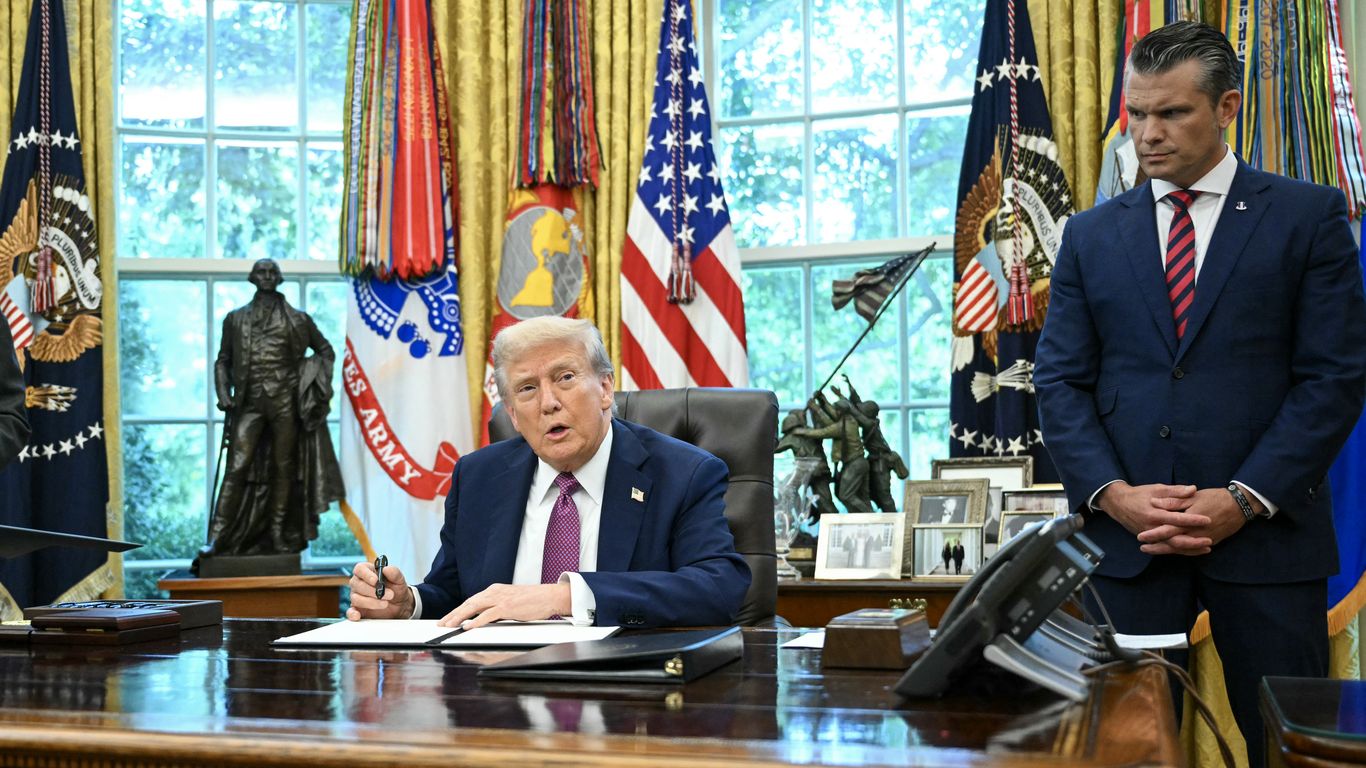Journalists who cover the Pentagon are raising concerns about a new Department of Defense policy that they say unfairly restricts press freedoms. While the Pentagon insists it’s modernizing credentialing standards, critics argue the move sends a chilling “message of intimidation,” jeopardizing open communication and the free flow of information.
New Pentagon policy sends “message of intimidation,” press group says

Key Takeaways:
- The Defense Department has introduced rules requiring journalists to sign an “express agreement.”
- The Pentagon Press Association contends these measures threaten a free press.
- Secretary of Defense Pete Hegseth’s memo sparked weeks of backlash.
- The PPA believes the policy could expose reporters to prosecution for standard newsgathering.
- Pentagon officials say the updates are overdue and align with modern security standards.
New Policies and Press Freedom
The U.S. Department of Defense has announced new regulations that, according to the Pentagon Press Association (PPA), “appear designed to stifle a free press.” Under these rules, journalists are expected to sign an “express agreement” not to gather information the department has not officially authorized. If they fail to comply, they risk losing access to Pentagon facilities entirely.
Hegseth’s Controversial Memo
Secretary of Defense Pete Hegseth first introduced this policy shift in a memo dated September 15. Since then, the move has drawn sustained criticism, with many cautioning that it could limit crucial reporting on national security issues. The PPA is particularly concerned that the new measures might penalize journalists for “simply doing [their] jobs.”
A ‘Message of Intimidation’?
“The policy conveys an unprecedented message of intimidation to everyone within the DoD, warning against any unapproved interactions with the press,” the Pentagon Press Association stated. The organization argues that such a stance not only restricts the press from exercising its First Amendment rights but also dissuades Pentagon personnel from engaging openly with journalists.
Pentagon’s Response
Chief Pentagon spokesperson Sean Parnell defended the revised policies. “The only change is an overdue update to our credentialing process, which hasn’t been revised in years — if not decades — to align with modern security standards,” he said. Parnell also pushed back on claims of restricting press freedom, insisting the department had “engaged in good-faith negotiations” with the PPA.
Broader Implications
While the Pentagon maintains that “access to the Pentagon is a privilege, not a right,” critics worry that such regulations might set a precedent for limiting reporting on defense matters. As officials and press groups continue to debate the new policy, questions remain about how this credentialing overhaul will shape transparency and the future of military journalism.











